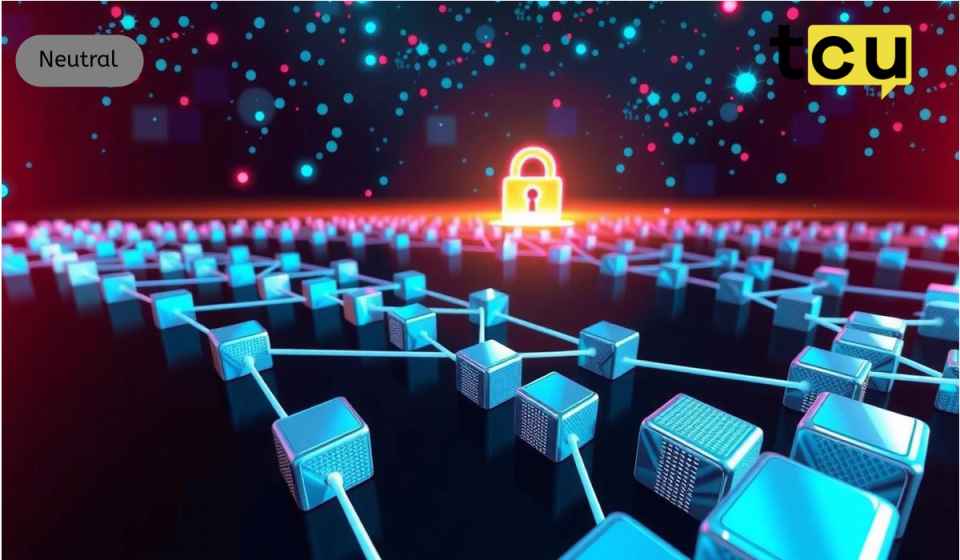Digital identity management has become an integral part of our online interactions. As our reliance on digital platforms increases, so does the need for secure, privacy-friendly identity solutions. One technology that has made waves in this area is blockchain, with its decentralized, transparent and secure frameworks.
Sebastian Rodriguez, Chief Product Officer at Privado ID, looks at the critical role of blockchain in digital identity management. His company champions the concept of self-sovereign identity (SSI), which allows users to control their own data, ensuring privacy.
“Blockchain is one of many components at play in self-sovereign identity solutions. These types of solutions place the user at the center of their data exchange and are based on consent. This is what really helps improve the security and privacy of the user, being the true owner of their data,” explains Rodriguez.
Unlike traditional systems in which organizations store and control user data, SSI puts users at the center. The blockchain serves as a verifiable repository, allowing users to manage their identity securely. This user-centric model offers many benefits, including credential revocation, key rotation, and trust registries.
Privado ID also incorporates advanced cryptographic techniques, such as Zero-Knowledge Proofs, which allow users to verify their credentials without exposing sensitive information. Combined with smart contracts, these techniques facilitate trustless identity verification processes, eliminating the need for central authorities.
However, despite their promising features, blockchain-based identity systems face significant adoption hurdles. One of these challenges is making these systems accessible to non-crypto-native users. Rodriguez highlights the importance of hiding complex blockchain processes from end users, citing user experience as the key to mass adoption.
To address this issue, Privado ID takes a “blockchain lightweight” approach, which minimizes user interaction with the blockchain and focuses on seamless integration between networks. Their system verifies credentials without requiring blockchain transactions, making it chain-agnostic and more user-friendly.
The versatility and security offered by blockchain-based identity systems are increasingly recognized across various industries. In fact, Juniper Research suggests that automating identity and money laundering checks, combined with blockchain to verify digital identity, could save banks up to 50% on costs existing within a few years.
However, as these systems evolve, they must balance privacy, security, and ease of use. Rodriguez believes that blockchain will play a central role in this evolution, transforming the current state of digital identities into a more secure and reliable model.
“The evolution of digital identities in the years to come will impact every aspect of our digital lives. We’ve lived for years without a strong, reliable identity, using our social accounts as a proxy for our identity – but there’s a reason you can’t use an email address to vote or buy a house,” Rodriguez points out.
The global market for digital identity solutions is expected to grow from $42 billion in 2024 to $133 billion by 2030. As these solutions mature, user experience will be critical to their widespread adoption. Blockchain, with its ability to offer transparency and security while respecting user privacy, is poised to be a game-changer in digital identity. With more innovations on the horizon, blockchain-based identity systems are poised to redefine how we interact and transact online.
Post Views: 34

